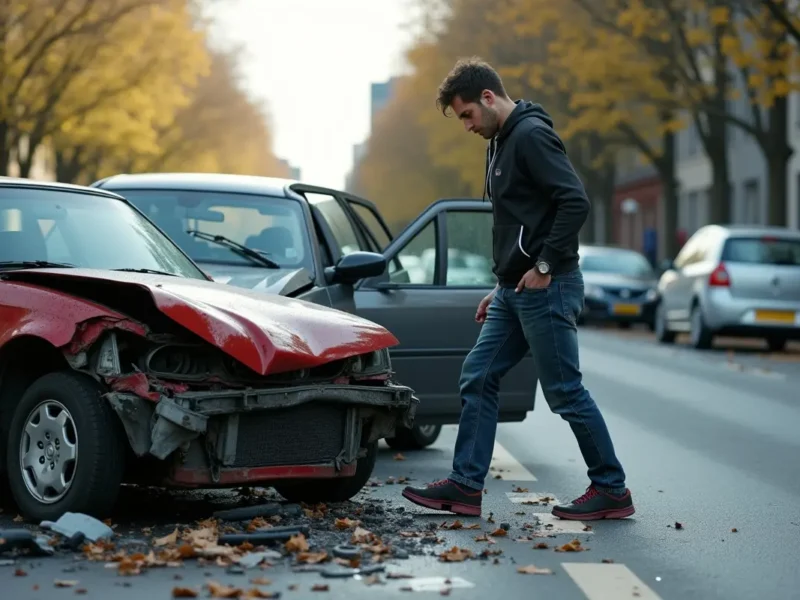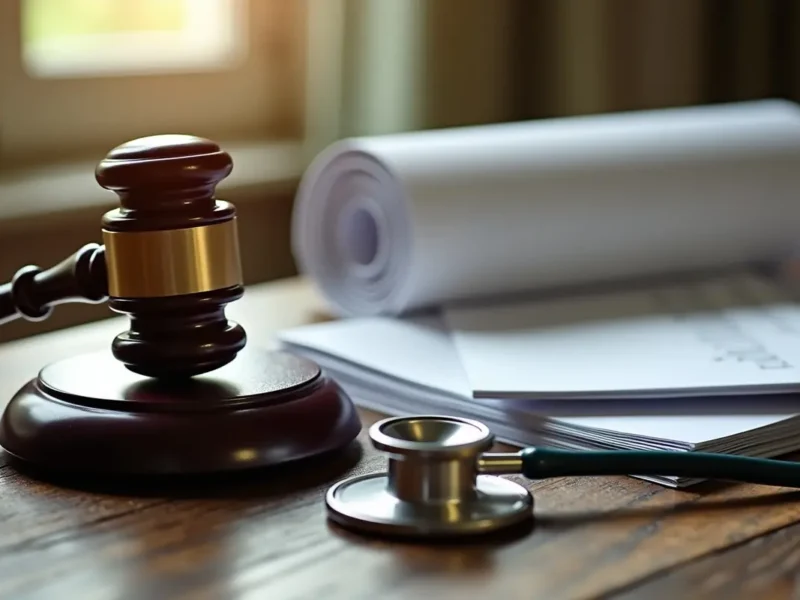The issue of liability in DUI (Driving Under the Influence) accidents involving alcohol consumption is complex, and the role of bartenders in such incidents is often a subject of debate. In Pennsylvania, as in many other states, there are specific laws and regulations governing the responsibility of bartenders regarding alcohol service and its potential consequences.
In this blog post, we’ll delve into the question of whether bartenders in Pennsylvania can be held liable for DUI accidents, exploring relevant laws, legal precedents, and considerations for both bartenders and patrons.
Contents
Understanding Dram Shop Laws in Pennsylvania
Dram shop laws are statutes that hold establishments, such as bars and restaurants, accountable for serving alcohol to individuals who subsequently cause harm to themselves or others due to intoxication.
In Pennsylvania, dram shop laws allow for liability to be imposed on alcohol vendors if certain conditions are met. According to Pennsylvania law, alcohol vendors can be held liable for injuries or damages resulting from serving alcohol to visibly intoxicated individuals or minors.
Bartender Responsibilities and Duty of Care
Bartenders in Pennsylvania have a legal and ethical duty to serve alcohol responsibly and ensure the safety of their patrons and the general public.
This duty of care includes monitoring patrons for signs of intoxication, refusing service to visibly intoxicated individuals, and taking appropriate measures to prevent drunk driving, such as offering alternative transportation options or contacting authorities if necessary. Failure to fulfill these responsibilities could potentially expose bartenders to liability under dram shop laws.
Factors Considered in Establishing Liability
When determining liability in DUI accidents involving alcohol service, several factors may be considered, including:
- Observable Signs of Intoxication: Evidence of a patron’s visible intoxication, such as slurred speech, unsteady gait, or impaired coordination, may indicate that the bartender should have recognized the individual’s state of impairment and refrained from serving additional alcohol.
- Knowledge of Intended Driving: If a bartender is aware that a patron intends to drive after consuming alcohol, they may have a duty to take steps to prevent the individual from doing so, such as confiscating car keys or arranging for alternative transportation.
- Compliance with Alcohol Service Laws: Bartenders must adhere to Pennsylvania’s alcohol service laws, including regulations regarding the sale of alcohol to minors and intoxicated individuals. Violations of these laws could result in legal consequences for both the bartender and the establishment.
A DUI lawyer in State College can help you navigate these complex factors and help you get the compensation you deserve.
Legal Precedents and Case Outcomes
In Pennsylvania, there have been cases where bartenders and establishments have been held liable for DUI accidents resulting from over-service of alcohol. These cases often involve evidence demonstrating that the bartender knowingly served alcohol to an intoxicated patron or failed to intervene to prevent drunk driving.
However, each case is unique, and liability depends on the specific circumstances and evidence presented. While bartenders have a duty to serve alcohol responsibly and prevent intoxicated individuals from driving, establishing liability in DUI cases requires careful examination of the facts and evidence.
By understanding the legal framework and potential consequences of alcohol service, bartenders can fulfill their duty of care and contribute to safer communities by preventing DUI accidents.



